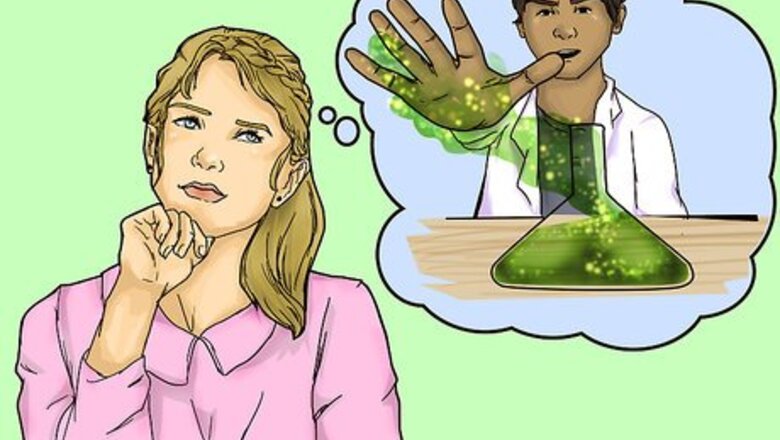
views

Remember that magic is distinguished from science by the measure of mystery in its elements. Even if no characters are aware of it, there should be an underlying logical explanation governing how magic behaves, and like an unrealized science, its true potential should vastly exceed its use in-story. Magic is meant to be mysterious!
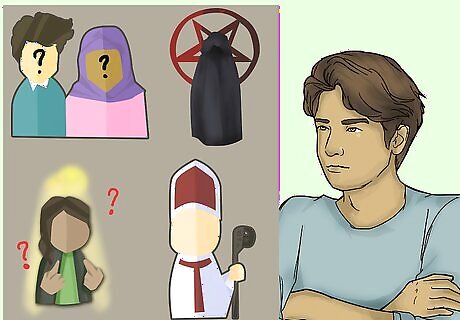
Decide who uses magic in your book's world. Can anyone do it? Is it limited to holy people or occultists, or might it have intellectual requirements? Consider this carefully, as magic use will likely have been a hugely influential force in shaping the culture and history of your world. Possibilities include: Everyone- If everyone is capable of using magic, it should be a commonplace part of day to day living. Consider how technology would change in a world where magic can be used to solve problems instead of technology. Would common things like medicine, hygiene, and machinery exist if magic can fix those same problems? Educated People- If your magic requires schooling, consider how political and social structures would develop where the wealthy and powerful have an additional supernatural advantage. Holy People- If your magic is drawn from a divine power, consider how much more powerful churches would be in a world where real miracles can be seen on a regular basis. Consider how faiths would grow and evolve around certain types of magic and vice versa. A faith that professes peaceful intentions would likely attract healers, but could still have a fanatic or violent side. Occultists- Although functionally similar to religious magic, occult powers are classically secretive and dark. That secrecy could lead to many people not believing in magic, or conversely could lead magic to be stigmatized. If magic is performed in secret, it's easy to assume its practitioners have foul intentions. Chosen People- Unquestionably the most cliched choice is to have a magic user born with mysterious powers. Special birth circumstances or biological factors could be an explanation, or a higher cosmic power could choose who can use magic. There are other ways to leave magical powers in the hands of a select group of people, so consider a unique way for someone to gain their powers.

Figure what the source of magic is in your world. Consider if magic is only able to manipulate existing elements, or if it is able to create new things from scratch. Magic could have its source in otherworldly influence, lost ancient technology, or even a mysterious force that slightly alters the laws of physics. The source of magic may be a mystery in your story, but you should decide on a source so as to maintain a set of laws governing its logic in-story.
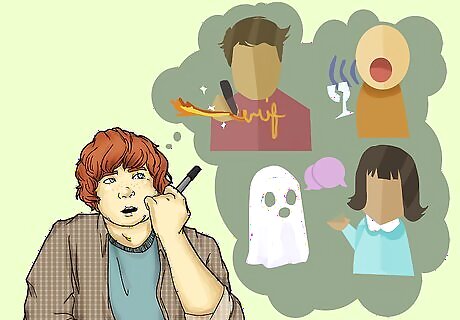
Decide on how acts of magic are performed. Does one contact spirits, use written or auditory actions, or could it be an internal instinctual process? Imagine someone using magic, and the thoughts and training that would go through their head as they performed it. Is it physically straining, or perhaps does it require some unique cost to perform?

Write a personal guide to your magic system, and use it while writing. Remember that even though you don't need to explicitly state it in your story, your magic should follow rules of logic as your world will be far more cohesive and believable if designed logically. Remember that introducing magic leave you susceptible to plot holes, so be very careful to not introduce any magical elements that would 'break' the stories internal logic. Do your research. Looking into ancient magical beliefs can give you unique ideas as can the influence of other writers, but be careful to not copy what someone else has designed. Your magic system should be uniquely designed to fit your world, and poaching someone else's system will only leave you with a boring and unoriginal idea. A system of magic with no limitations is not particularly compelling. There should still be a vibrant world with interesting characters driving your story that isn't dependent on magic for everything. Remember that while you might think your magic system is brilliant and interesting your reader will be far more interested in the story and character development, and your magic should have natural limitations and conflicts to further the story. The laws governing your magic should reflect the structure of your story. A comedic story doesn't need to focus as much on a scientific approach; it could have purposely ambiguous rules or overly-convoluted rules which bring about unintended consequences. On the other hand, a more serious dramatic story should have rules that are likewise serious. Like any other type of design, the best magical systems have very little complexity but a great deal of depth. Consider having your magic being based around a single element; like the mind or temperature or light/shadow or life/death, and devise a way that endeavoring magic users would expand that simple system to fit their needs.

Write your book and remember to follow your own guidelines! If at first your system doesn't work as intended feel free to change it, just be sure you keep a consistent vision, and most importantly a unique and interesting vision.











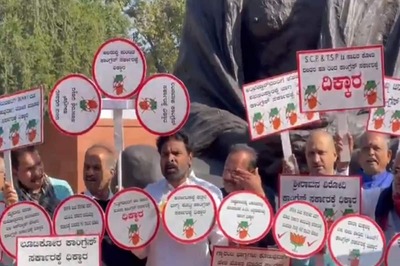
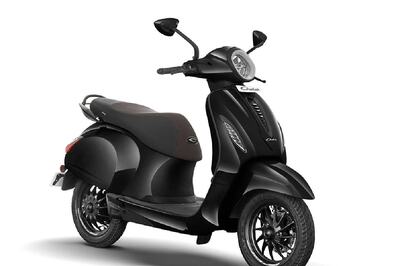




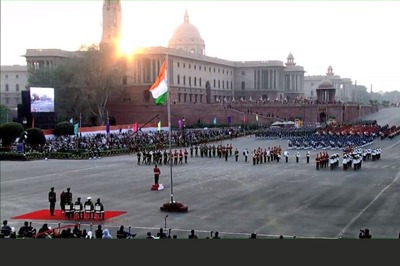


Comments
0 comment